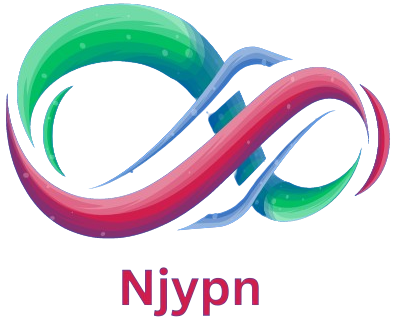Digital Domination: The Rise of Online Gaming
Kinds of Games:
Computer games: Electronic games played on screens, going from activity pressed shooters to vivid pretending experiences.
Table games: Exemplary and current tabletop games played on sheets with pieces or cards, frequently including methodology and social communication.
Games: Games played with decks of cards, like poker, blackjack, and collectible games like Sorcery: The Get-together.
Open air Games: Actual games played outside, advancing active work and social cooperation, including sports like soccer, b-ball, and tag.
Word Games: Games revolved around language and jargon, for example, Scrabble, crossword riddles, and word search puzzles.
Instructive Games: Games intended to educate or build up instructive ideas in different subjects, frequently utilized in schools and instructive settings.
Party Games: Cheerful and social games played at gatherings and get-togethers, similar to acts, Pictionary, and question and answer contests.
2. Game Mechanics:
Turn-based versus Ongoing: Games where players alternate versus games where activities happen all the while.
Methodology versus Karma: Games where achievement relies upon vital arranging versus games where chance assumes a huge part.
Agreeable versus Cutthroat: Games where players cooperate towards a shared objective versus games where players contend with one another.
Asset The executives: Games where players should oversee restricted assets proficiently to accomplish targets.
Puzzle-tackling: Games that challenge players to settle bewilders and conquer obstructions to advance.
3. Gaming Stages:
Console Gaming: Messing Hedon77 around on devoted gaming consoles like PlayStation, Xbox, and Nintendo Switch.
PC Gaming: Messing around on PCs, frequently through advanced appropriation stages like Steam or Legendary Games Store.
Versatile Gaming: Messing around on cell phones and tablets, offering a large number of relaxed and vivid encounters.
Augmented Reality (VR) Gaming: Vivid gaming encounters that utilization computer generated reality innovation to move players into virtual universes.
Expanded Reality (AR) Gaming: Games that mix computerized components with this present reality utilizing increased reality innovation.
4. Gaming Society:
eSports: Cutthroat gaming occasions and competitions with proficient players and enormous crowds, frequently including games like Class of Legends, Counter-Strike, and Dota 2.
Streaming: Telecom ongoing interaction live over the web, advocated by stages like Jerk and YouTube Gaming.
Gaming People group: On the web and disconnected networks of gamers sharing interests, techniques, and encounters.
Shows and Occasions: Gaming shows like E3, Gamescom, and PAX where engineers exhibit new games and advances.
Cosplay: Taking on the appearance of characters from computer games and different types of media, frequently seen at gaming shows and occasions.
5. Game Turn of events:
Game Plan: Conceptualizing ongoing interaction mechanics, storylines, characters, and visuals.
Programming: Composing code to make the usefulness and intelligence of games.
Craftsmanship and Liveliness: Making visual resources like characters, conditions, and movements.
Sound Plan: Planning sound components like music, audio effects, and voice acting.
Testing and Quality Confirmation: Recognizing and fixing bugs and issues to guarantee a smooth gaming experience
